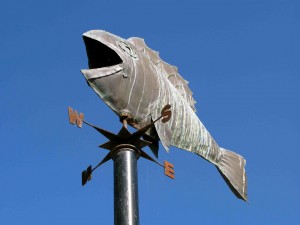
There is so much happening in BC’s oceans these days it is hard to keep tabs on it all.
With so many different things happening concurrently, a few questions come to mind…
Are we being efficient in our decision-making?
Are these issues being treated as if they are independent of one another?
How is the big picture being addressed?
How can we implement a more integrated, ecosystem-based approach to management that would maximize environmental conservation, economic productivity and community health?
Can a process such as PNCIMA answer some of those questions?
What do you think?